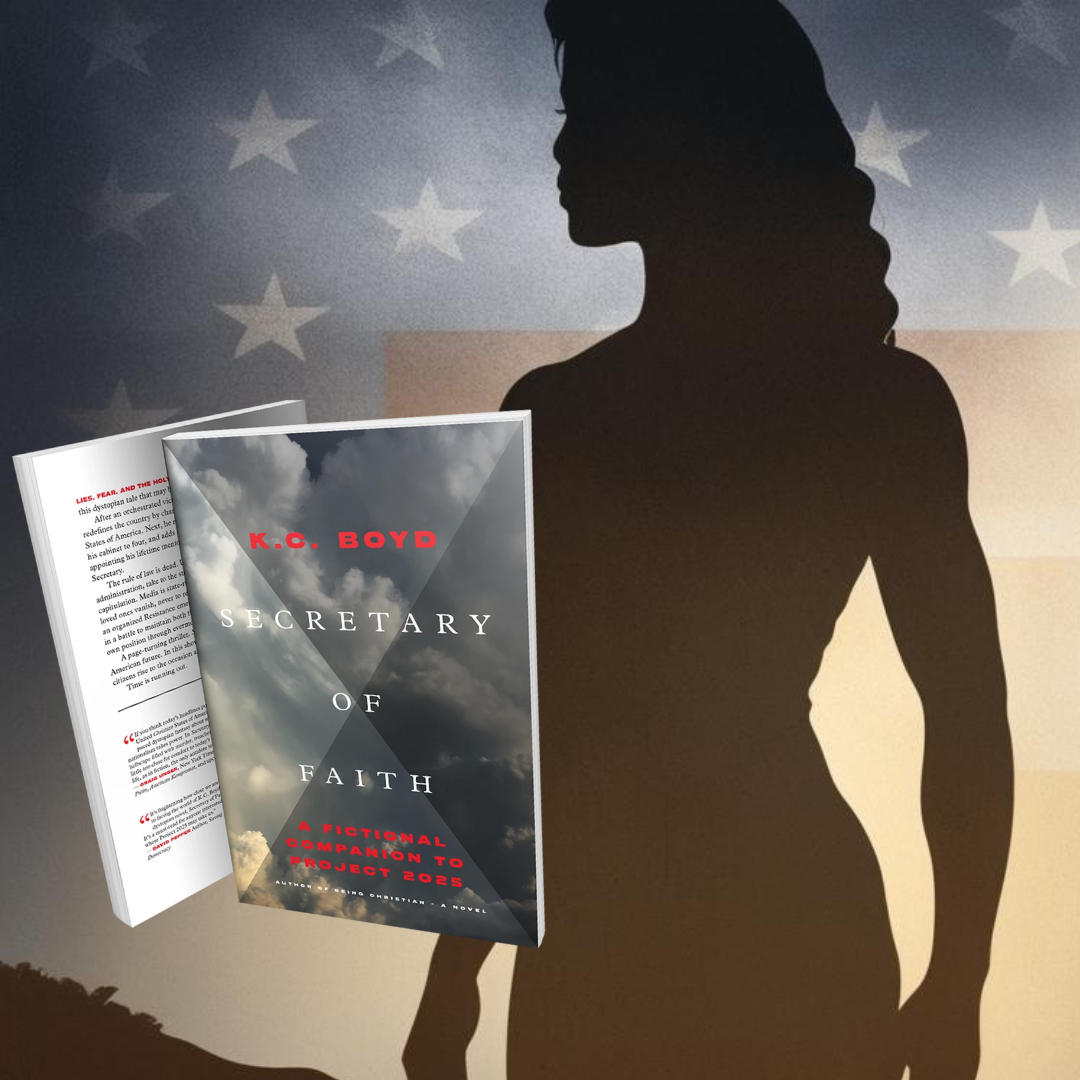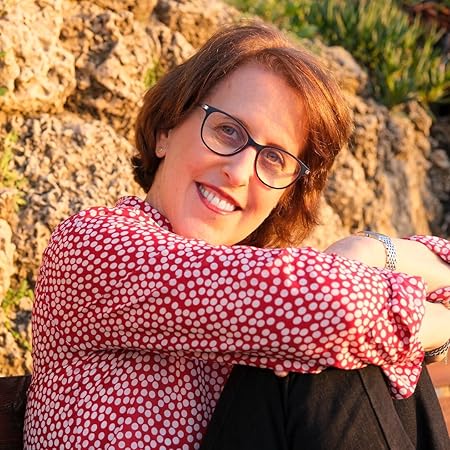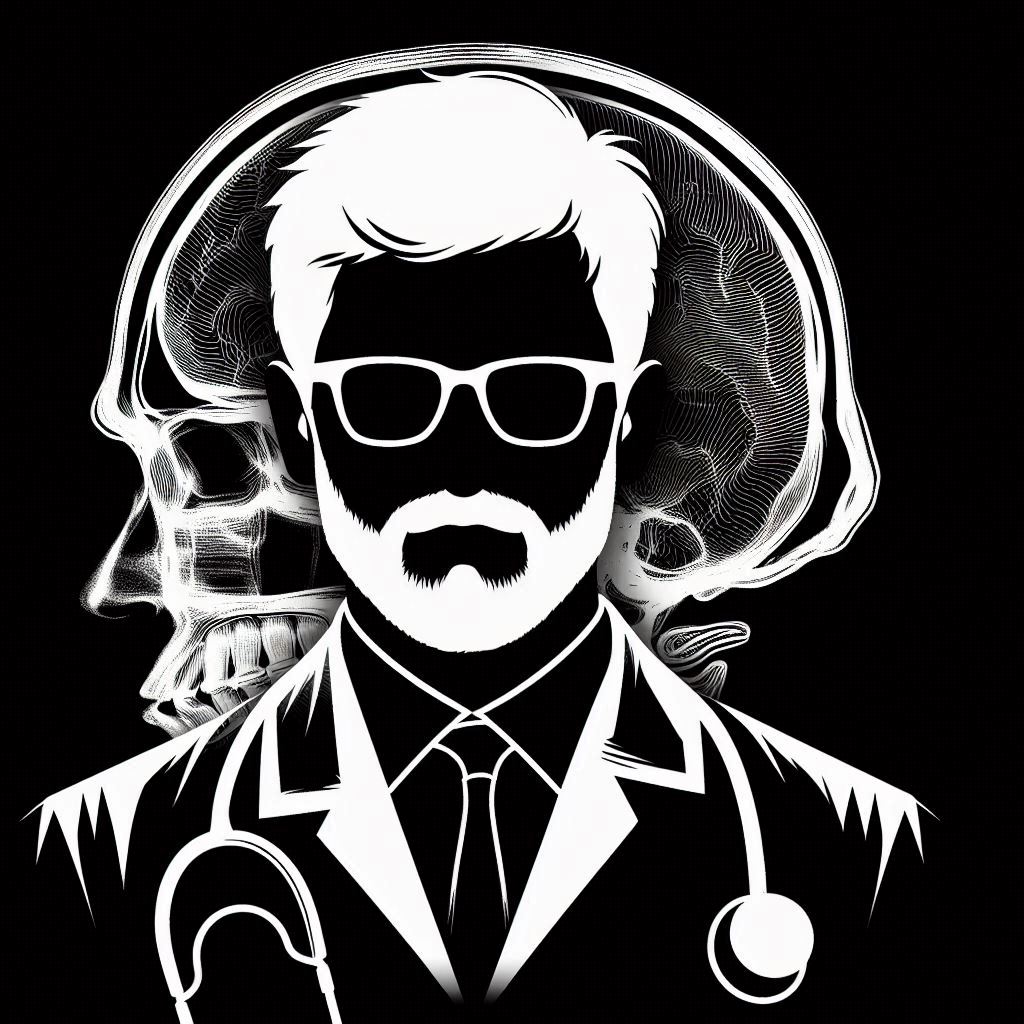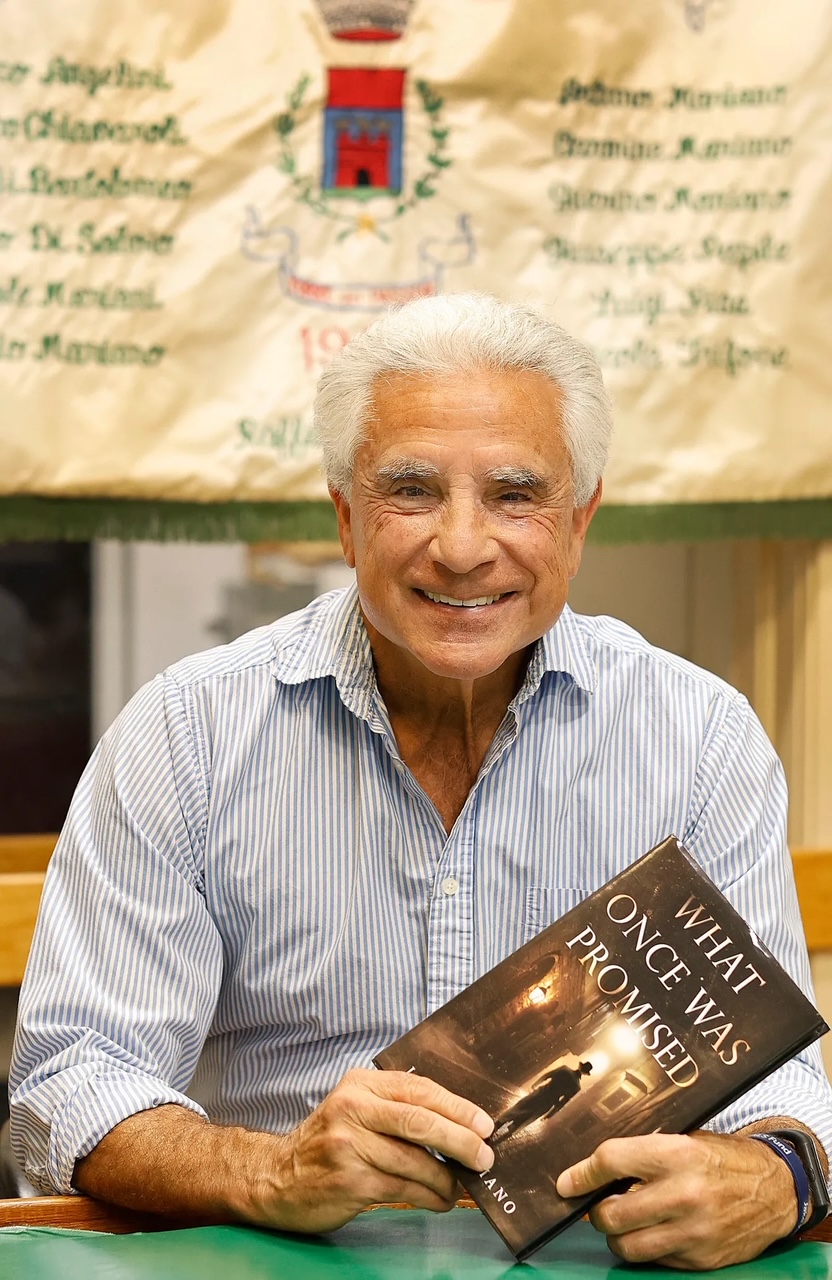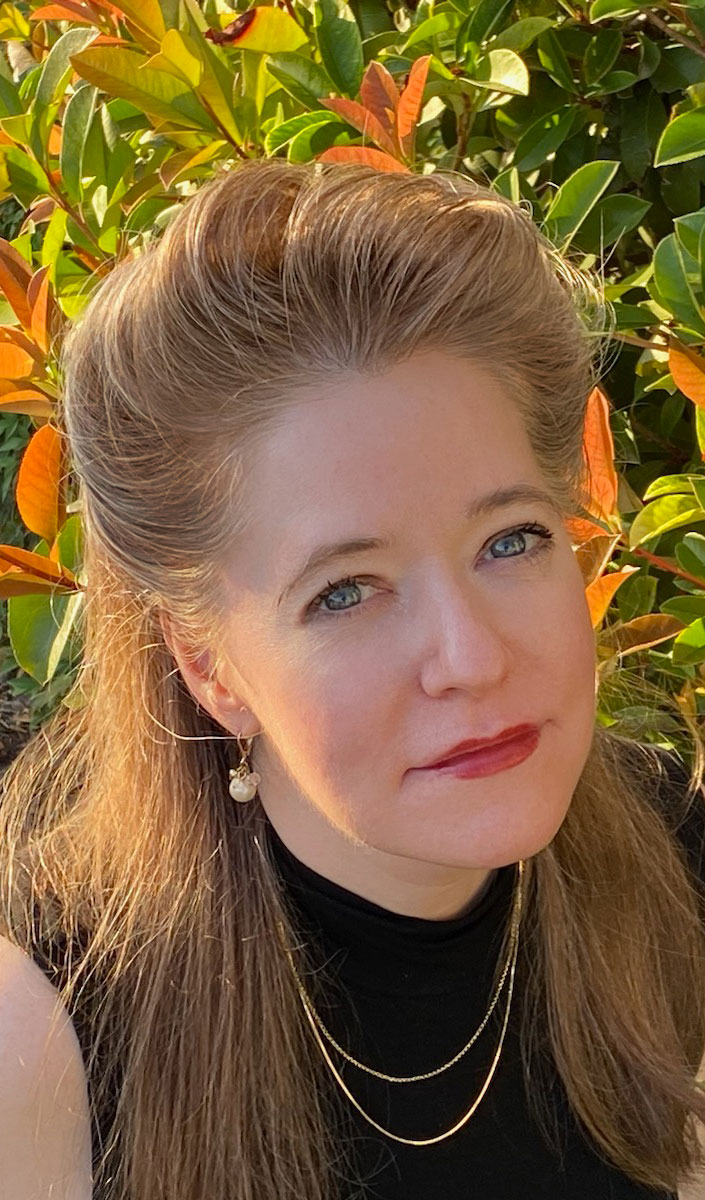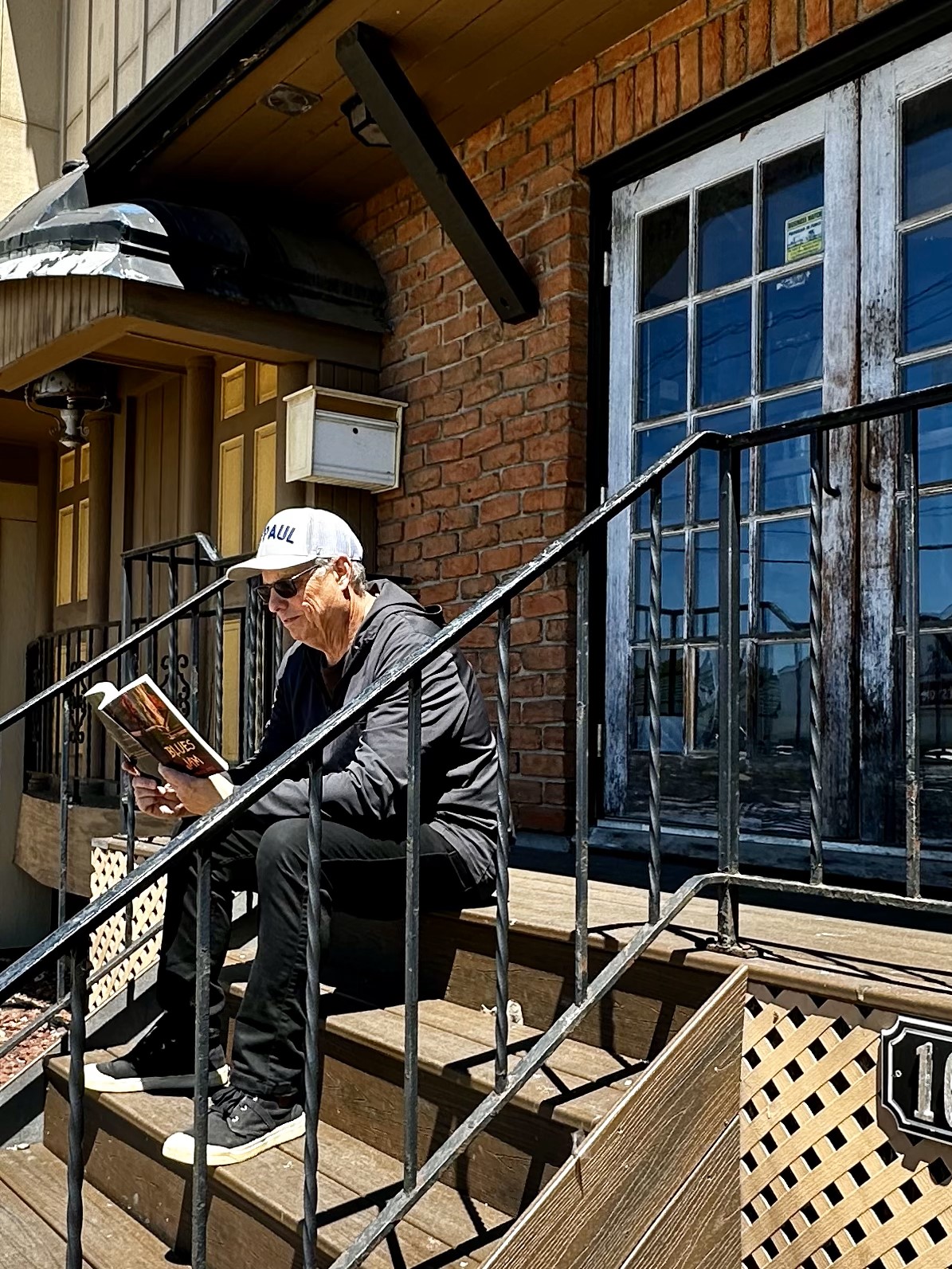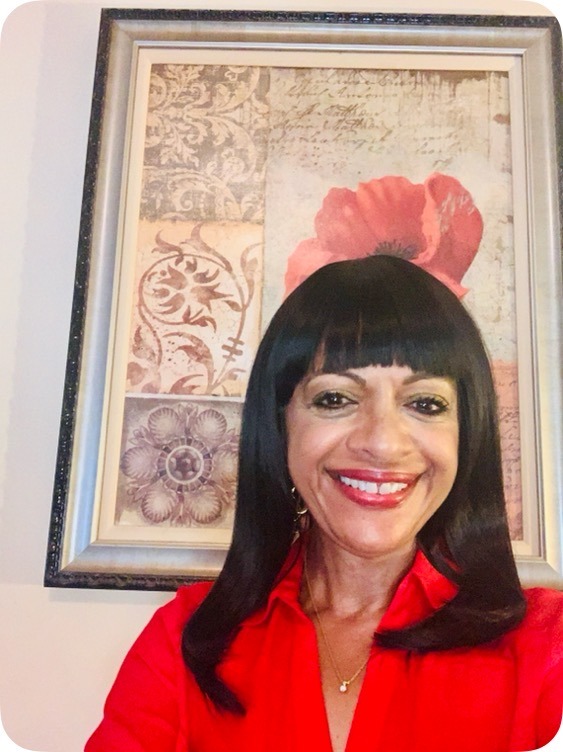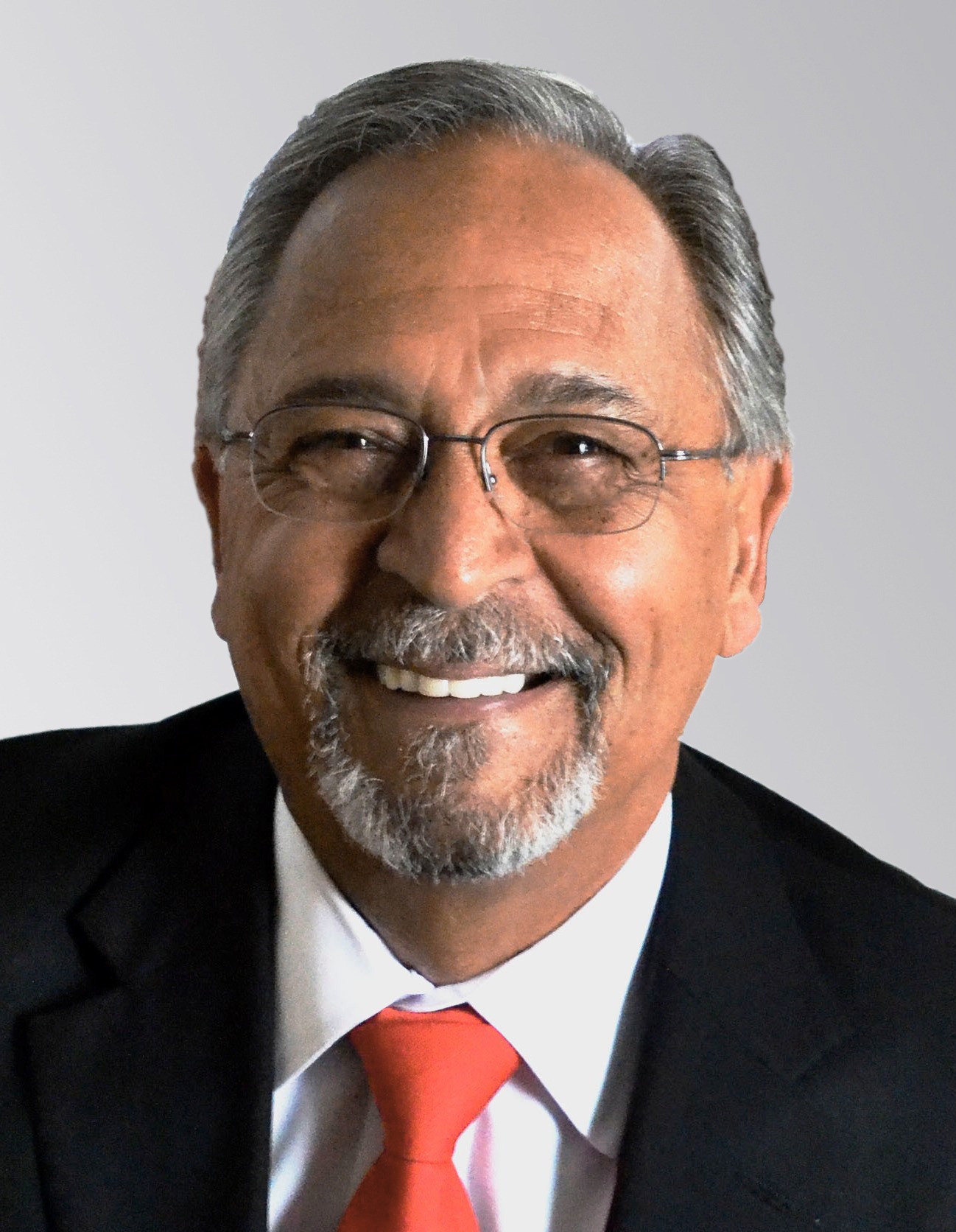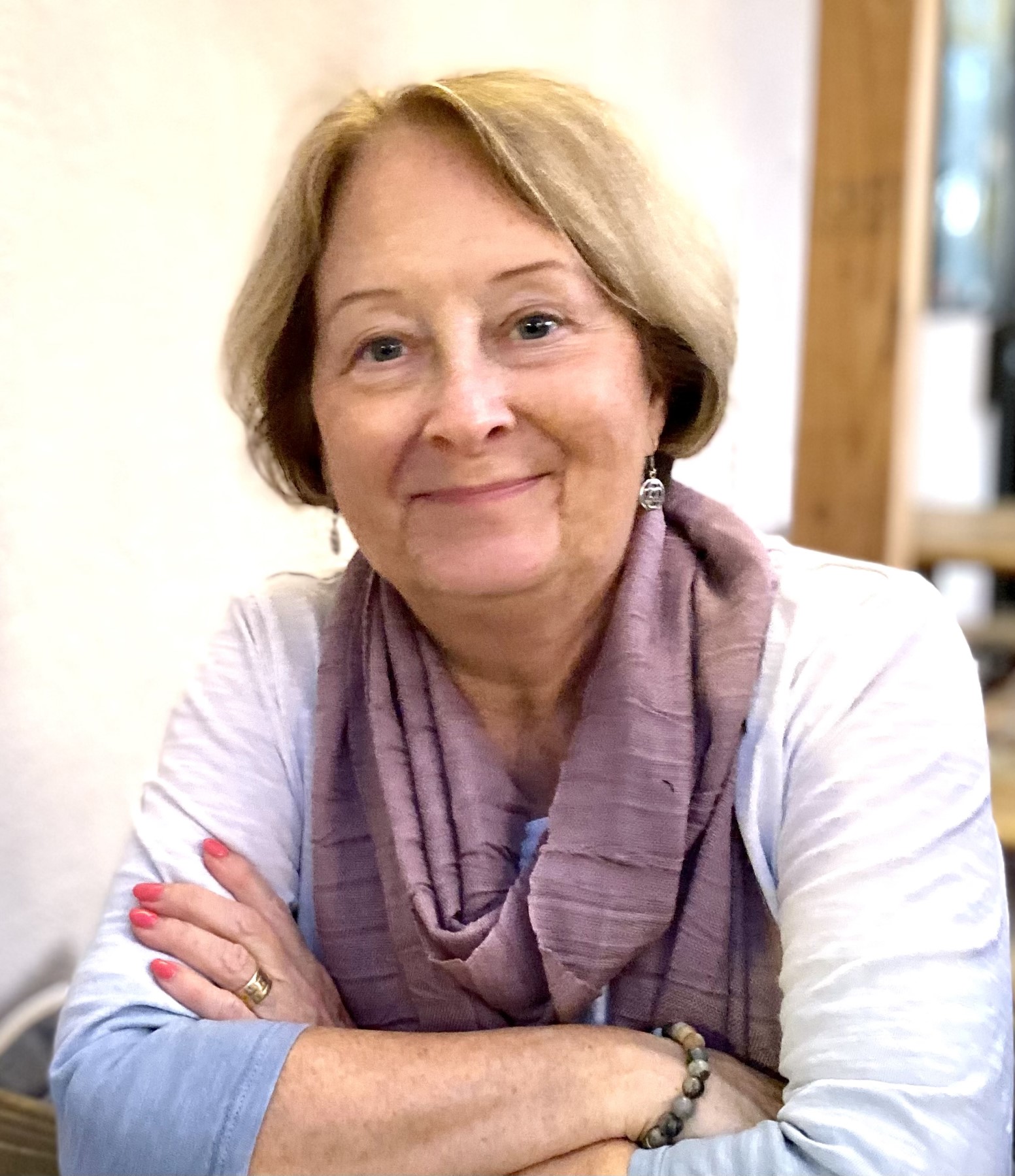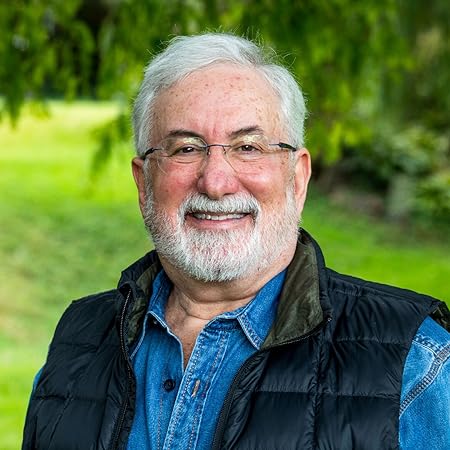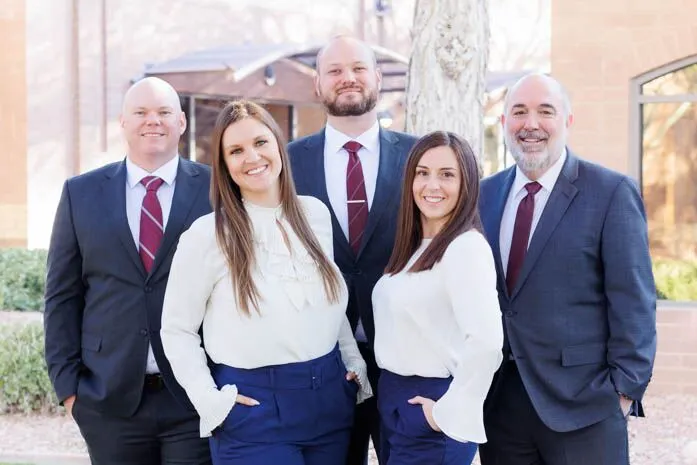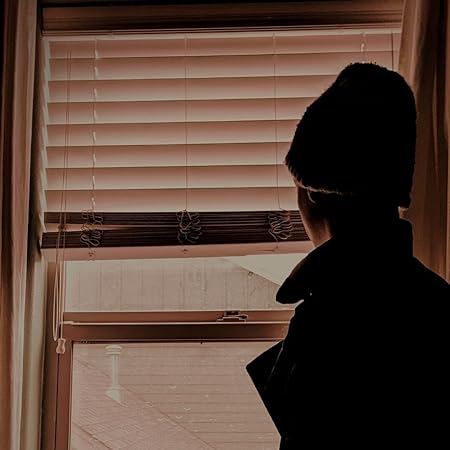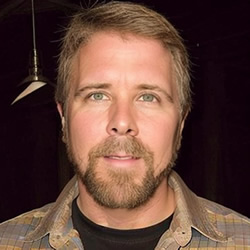In her latest novel, Secretary of Faith: A Fictional Companion to Project 2025, author K.C. Boyd presents a hauntingly plausible vision of a theocratic America where the rule of law is subverted by the rule of faith. Combining sharp storytelling with a chilling portrayal of religious extremism in politics, Boyd’s book is as much a cautionary tale as it is a gripping work of fiction. In this exclusive interview with Writers and Authors, Boyd delves into the inspiration behind her work, its reflection of current societal trends, and the urgent message it carries for readers. BUY NOW ON AMAZON
Writers and Authors: What inspired you to write Secretary of Faith, and how does it reflect current events or societal trends?
K.C. Boyd: The journey to this novel began in 2004, sparked by a challenge issued by a conservative media figure. I visited the evangelical Solid Rock Church in Ohio and was deeply unsettled by what I witnessed—a political rally from the pulpit, IRS loopholes exploited, and a blueprint for religious influence in governance. This experience led me to spend a decade researching mega-churches, televised sermons, and church-state conferences. I encountered a landscape of growing religious influence in politics, and I felt compelled to tell this story through fiction, hoping to reach a wider audience with its urgency.
Writers and Authors: The book explores a world where faith becomes a tool of control. How do you think this mirrors certain political movements we’ve seen, particularly with the Project 2025 scenario?
Boyd: Project 2025 is a deeply concerning framework for Christian nationalism. Its proposals for governance prioritize biblical law over democratic institutions, denying gender equality, LGBTQ+ rights, and opposing progressive values. Many of its recommendations are detailed and far-reaching, with plans to dismantle regulations, entire agencies, and freedoms. Through Secretary of Faith, I’ve woven these realities into a narrative that mirrors the dangers of intertwining faith and political power.
Writers and Authors: Christian Hillcox is a fascinating and complex character. How did you develop him, and what does he represent in the story?
Boyd: Christian Hillcox first appeared in Being Christian, where his psychological unraveling and rise as a televangelist were explored. In Secretary of Faith, he evolves into a figurehead of authoritarian faith-based governance. His character reflects the moral compromises and unchecked ambitions that emerge when power and religion collide. He’s both a product of his environment and a cautionary symbol of what can happen when belief systems are manipulated for control.
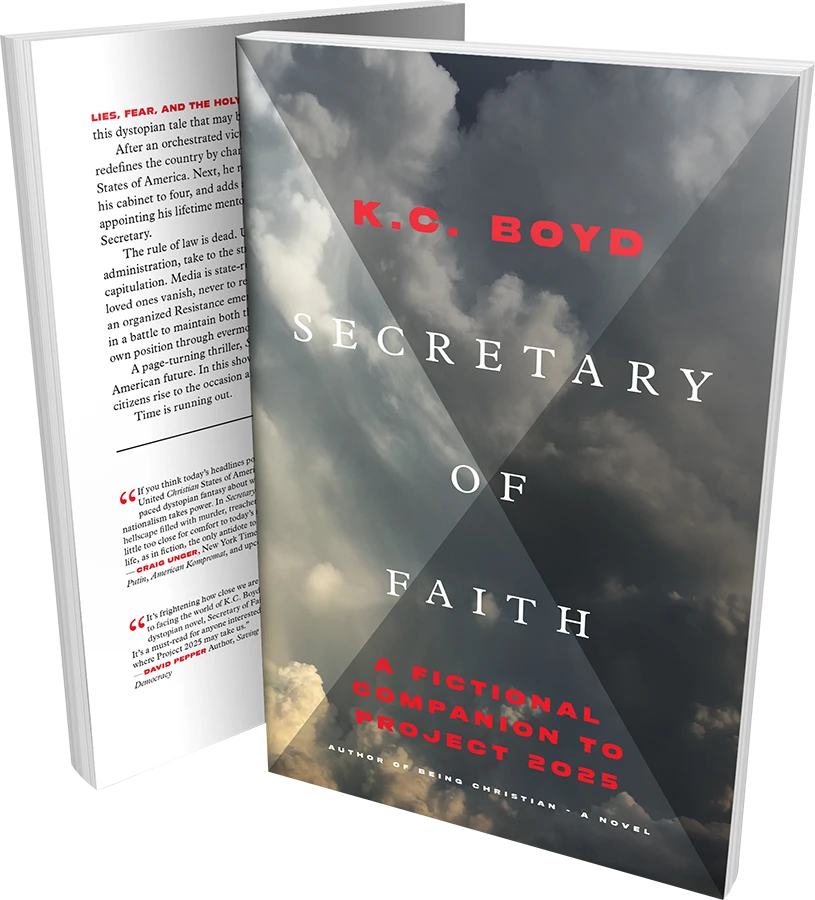
Writers and Authors: How does Secretary of Faith challenge readers to think critically about the role of religion in politics today?
Boyd: The novel underscores the erosion of church-state separation, a cornerstone of American democracy. Through decades of deliberate inattention, many didn’t see the rise of this movement. Now, with well-funded organizations and influential leaders driving a theocratic agenda, the threat is undeniable. By immersing readers in a fictional but eerily familiar world, I hope to provoke critical reflection on the urgent need for vigilance and action.
Writers and Authors: The Resistance plays a pivotal role in your book. What message do you hope readers take away from their struggle?
Boyd: The Resistance symbolizes the collective courage and determination needed to confront authoritarianism. Their fight is a rallying call for unity among those who value democracy, diversity, and freedom. As we approach what I see as a revolutionary crossroads, I want readers to feel empowered by the idea that change is possible when people stand together against oppression.
Writers and Authors: What do you see as the main cautionary message in Secretary of Faith, and how do you hope it impacts readers?
Boyd: The central warning is clear: apathy and complacency are not options. The book aims to shake readers from any sense of security that democracy will safeguard itself. It’s a wake-up call to recognize the fragility of freedoms and the need for active participation to protect them.
Writers and Authors: Despite the dystopian tone, is there hope in Secretary of Faith?
Boyd: Absolutely. Hope lies with the younger generations, with those willing to educate themselves and others, and with those brave enough to challenge the status quo. Education is a recurring theme in the novel—it’s the key to dismantling ignorance and empowering resistance. BUY NOW ON AMAZON
Closing Thoughts
Through Secretary of Faith, K.C. Boyd invites readers to confront the uncomfortable truths about the intersection of religion and politics while offering a gripping narrative filled with drama, intrigue, and cautionary wisdom. As we face societal and political challenges in our world, Boyd’s novel reminds us that the fight for freedom, equality, and democracy is ongoing—and that hope lies in the resilience and courage of the human spirit.
Dive into the world of Secretary of Faith to experience a story that’s both a warning and a beacon of hope. Learn more at https://secretaryoffaith.com

